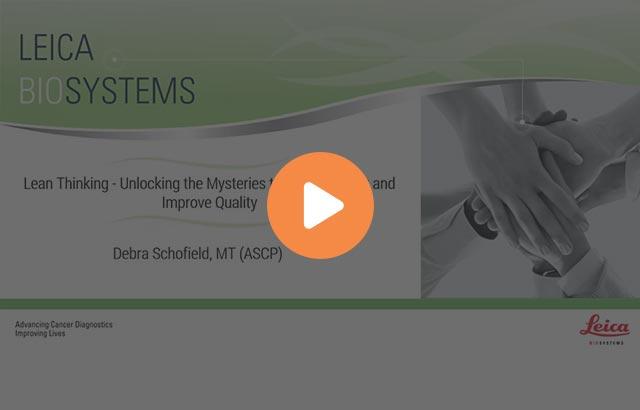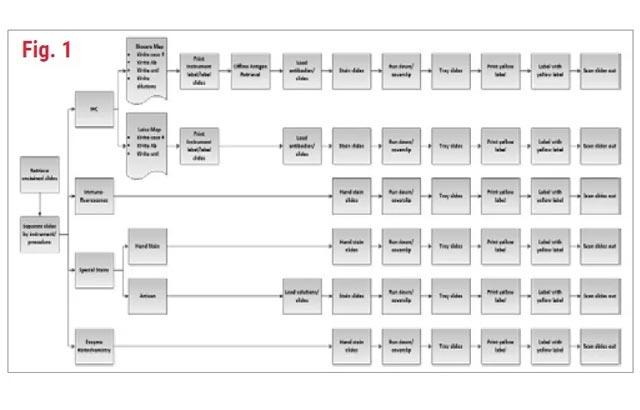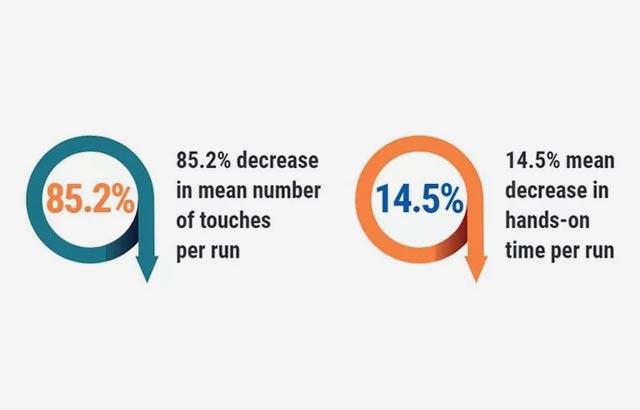Busting the Myth of the "Ideal" Workflow

What is the ideal IHC workflow? Should you run your slides in batches or process them in a continuous flow? Because your lab is unique, and each day is full of surprises, there may not be one ideal IHC workflow. This lecture will focus on how to identify gaps in your IHC workflow using data the lab currently collects and understanding how it correlates to items flowing though the laboratory. The key instead is to have an adaptable workflow that matches your lab’s daily needs. In this presentation, we will look at the importance of understanding what you are doing now, what tools you might use to analyze your process, and how to best decide on the right solutions for you.
Learning Objectives
- Identify critical points to your existing workflow using data you currently collect.
- Select tools to help you measure and improve the critical points identified.
- Understand the factors that help determine your optimal IHC workflow.
About the presenter

Ashley Troutman has been involved in Laboratory Medicine for more than 20 years in clinical, research and administrative capacities. He has worked in facilities of all sizes, from small community hospitals and private labs to large academic medical centers and corporate reference labs. He has extensive experience in laboratory science and management, specifically in anatomic pathology and immunohistochemistry. He has managed routine histology operations and has been part of the team to aid researchers in designing experiments using histologic techniques. These roles have allowed Ashley to lead work process implementation teams that saw success in scientific innovation as well as improving laboratory efficiency through areas of waste/cost reduction, process improvement and safety.
Related Content
Leica Biosystems Knowledge Pathway content is subject to the Leica Biosystems website terms of use, available at: Legal Notice. The content, including webinars, training presentations and related materials is intended to provide general information regarding particular subjects of interest to health care professionals and is not intended to be, and should not be construed as, medical, regulatory or legal advice. The views and opinions expressed in any third-party content reflect the personal views and opinions of the speaker(s)/author(s) and do not necessarily represent or reflect the views or opinions of Leica Biosystems, its employees or agents. Any links contained in the content which provides access to third party resources or content is provided for convenience only.
For the use of any product, the applicable product documentation, including information guides, inserts and operation manuals should be consulted.
Copyright © 2025 Leica Biosystems division of Leica Microsystems, Inc. and its Leica Biosystems affiliates. All rights reserved. LEICA and the Leica Logo are registered trademarks of Leica Microsystems IR GmbH.



